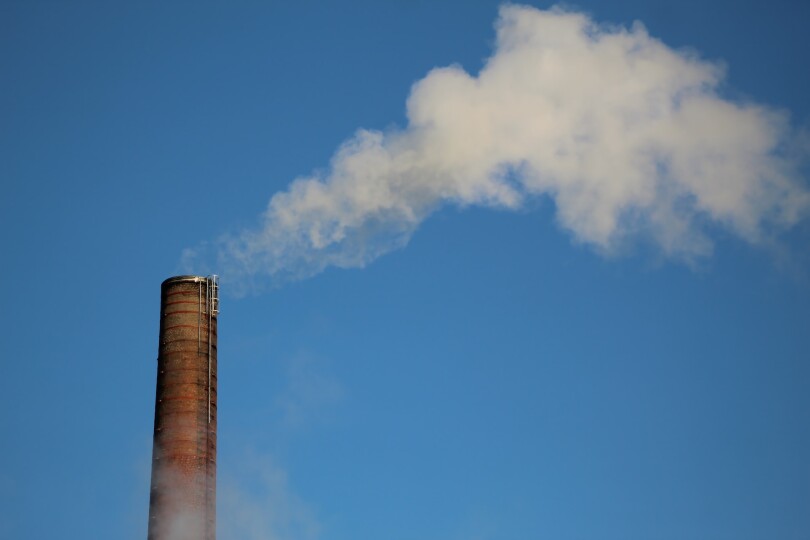3 Innovations from the International Horticultural Expo.
29 Apr 24
Enviro ChatThe Global News Source for the World of Science and Chemicals
01 September 2023
Enviro Chat
ADNOC, the UAE state-run energy company, has announced it is bringing forward its net zero targets for its operations. Previously, the company had been aiming to achieve net zero emissions by 2050, but it has since accelerated the deadline by five years to 2045. What’s more, it is also hoping to eliminate methane emissions entirely by 2030.
The moves are in line with a wider strategy from the Emirati government to clean up its energy profile, all the while maintaining adequate supplies of power for its people and for the global population. In doing so, it has confirmed itself as a regional leader in its peer group in terms of environmental responsibility – though all involved are well aware that much work remains ahead.
In order to achieve its green goals, the UAE has proven itself unafraid to invest substantial sums of money in the past and that approach is expected to continue in the future. ADNOC has reportedly earmarked $15 billion for spending on a variety of different projects up to 2030, with an emphasis on renewables and other clean energy sources, carbon capture and storage (CCS), optimisation of energy efficiency and the electrification of its operations.
One particularly eye-catching plan is a $3.8 billion project aimed at uniting its existing offshore infrastructure to clean power sources. This initiative alone is projected to slash its offshore carbon footprint by a whopping 50%. At present, its carbon intensity stands at 7kg of CO2 equivalent per oil barrel, while its methane intensity was just 0.07% in 2022.
In order to clean up its own operations and simultaneously provide its customers with greener options, ADNOC is investing in a low-carbon ammonia plant which will be capable of produce one tonne of the fuel source on an annual basis. Elsewhere, the UAE is pursuing other green energy projects. The 2GW Al Dhafra solar plant, the 5GW Mohammed bin Rashid al Maktoum solar plant and the Barakh nuclear plant are just some of the plans in the pipeline.
It’s also beginning work on the region’s very first high-speed hydrogen refuelling station based in Masdar City. Using an electrolyser powered by clean energy, the station will generate hydrogen from water and already has a partnership in place with Japanese automotive giants Toyota, as well as homegrown conglomerate Al-Futtaim Motors.
Via the actions of their energy company ADNOC, the Emirati government are hoping to set a strong example for the oil and gas community in the run-up to COP28, which will be hosted in Dubai later this year. Indeed, the company’s CEO has called on global collaboration and cooperation from all players in the sector in order to tackle the looming problems of global warming and climate change.
There are positive signs that things are moving in the right direction. In 2023, investment into clean energy technologies is expected to reach $1.7 trillion, comprising some 60% of the overall spend in the energy industry. That’s according to the International Energy Agency (IEA), who say that renewables, nuclear power, heat pumps and electric vehicles (EVs) are the main avenues of investigation.
DOWNLOAD PDF

2 Day Seminar Program
@ ArabLab+ 2024
24 & 25 September 2024
22 Apr 24
Lab ChatYour stay in Dubai
Labkit
Product News
Chemkit
Product News
Thinking about exhibiting at ARABLAB 2024? Watch our video to find out more.
Join the world’s leading organisations…
Join our mailing list and receive the ARABLAB newsletter and event updates.